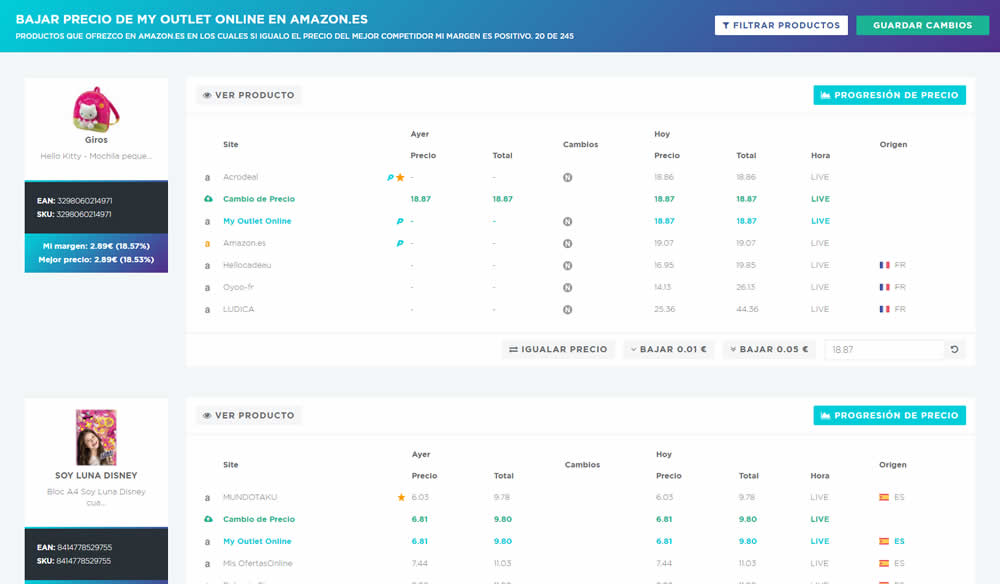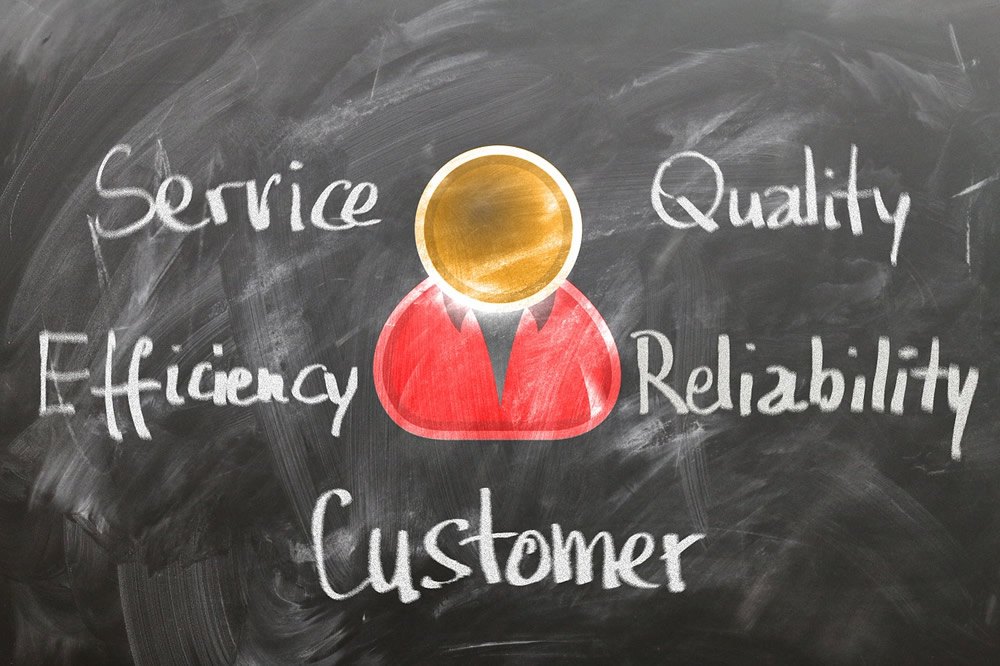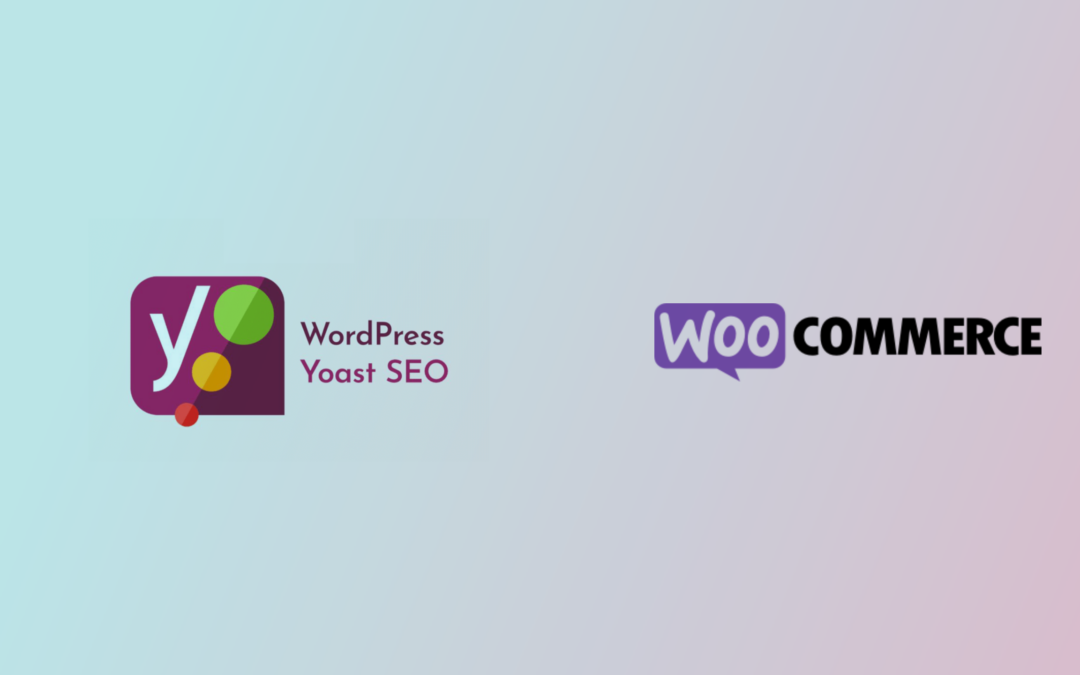Selling your products on a marketplace is one of the first ideas we come up with when we want to start selling online. Even if you already have an online shop, you may have considered it as an option.
In both cases, you should already be aware of the time, effort, dedication and knowledge needed to have an online shop. That’s why a marketplace appears as a quite good alternative. Even though this journey seems to be clear, it is fraught with danger.
This makes us wonder if marketplaces are an appropriate place for anyone who intends to sell online. So, we want to share with you the pros and cons of marketplaces and help you to decide if the benefits are worth the risks. Let’s get started!
Pros of selling on a marketplace
1. Your sales will (probably) improve
Beginnings aren’t easy. Depending on the sector, the time that an online shop needs to take off varies from 6 to 18 months since its opening. For this, it is not strange that some sellers feel attracted by the large and instant traffic marketplaces offer. Regardless of the investment you’ve made in SEO and branding, the quantity of customers arriving to your shop is limited.

In the offline world we have a similar phenomenon. There are brands and sellers that have their brick and mortar shops, and yet they also pay for a small space inside a shopping mall. They know that being there will get them to more people. Marketplaces work as online shopping malls. They open up a brand new world full of customers for you, and you’ll see that in your results. For example, Amazon claims that in their marketplace companies increase their sales up to a 50%.
2. Costs will be reduced
Marketplaces like Amazon make things easier for you: They handle the platform, fulfilment of orders, SEO and even marketing strategies. All you have to do is to create your shop, manage the products and prices you offer, and control the orders you receive. In exchange for a fee, of course. However, if you become really successful those fees may not seem so low, but you can always stop selling without any additional charge.
3. Maintain your brand image
Establishing yourself as a seller on a marketplace does not mean to renounce to your brand image. As a professional seller, you’ll have your own brand name and logo. This will also make things easier for your customers:
- They will be able to rate your shop independently.
- They will be able to find your shop on the marketplace and to purchase your products instead of choosing other sellers of the same category.
- You can still work on your corporate image offering an excellent customer service and catalogue.
4. They create confidence
Payment is one of the most sensitive parts of an online purchase. However, if the marketplace has a good reputation, this prejudice is easier to overcome.

Moreover, these platforms are well protected against any kind of cyber attack, so their security measures are better than those of any online shop. Also, the sporadic frauds of dishonest sellers and customers are paid by the marketplace.
5. Go international
Trying to sell abroad can be a mission impossible as shipping costs may double the product price. However, marketplaces tend to offer more affordable shipping costs, which makes sellers more competitive. Another important factor when internationalising is the language barrier. With the marketplaces there is no problem, because usually treated multi-language platforms also offer customer support in native language or at least in English. On the other hand, costs are reduced, since the investment and effort necessary to achieve those markets is titanic in terms of time and resources.

Cons of selling on a marketplace
1. Not your customers
Imagine this situation: You started selling on a marketplace and you’re doing great, so you decide to open your own online shop, and then… SURPRISE! You cannot export your customer database. You need to assume this right now: The marketplace customers are not your customers, so you’ll never get your own database from there. If it was not enough, you can’t either access your orders log by customer, their purchase frequency or average invoice. Keep in mind that leaving a marketplace and opening an online shop is a start from scratch.
2. Not your shop
As well as you know that using a marketplace will not cost you a penny in hosting, ecommerce platform, marketing or SEO; you should also know that your shop is Amazon, Ebay or Cdiscount will never be yours. Life on a marketplace is hard: they give you some space in their catalogue so that you can offer your products to thousands of users, but if you decide to leave you’ll have to start over creating you catalogue, uploading the images or writing the product details one by one. And also, you’ll need to spend lots of money on online marketing.
3. The cost of being profitable
This is something like having the enemy within. The main goal of any marketplace is to attract as many sellers as they can, so they can build a customer database at the sellers expense. Thus, they can obtain lots of valuable information of different sectors in one move, and that’s how they detect new business opportunities and take advantage of them.

Remember this: the marketplace is your worst competitor. By selling your products on their platform, you’re offering them confidential information about your business, invoicing, quantity of customers and best-selling products. To sum up, you’re allowing your worst competitor to access the most important information about your shop.
4. Competitors are highlighted
There are tons of sellers offering similar products than yours on the same marketplace. You should compete with the quality and price of your products, as well as with better product details and images, and a good customer experience. Moreover, you should keep in mind that some marketplaces sell their own products, and so competition becomes fiercer. Luckily, there exist tools like Boardfy that allows sellers to monitor the competitors in real time, and they even notify any price changes and make easier to update products according to your operating margins. Any help is welcome, especially when we talk about extremely competitive environments like marketplaces are.

5. High requirement levels
Marketplaces have a brand image to keep. Therefore, they will not accept sellers who don’t fulfil their delivery periods, write false product descriptions or provide a bad customer service. Their solution is to demand really high quality standards. This is, apart from absolutely necessary, a great economic and time-consuming effort for each seller.

Now that you know the pros and cons of a marketplace, you may be wondering who would be interested in selling there.
If you are getting started with ecommerce, this is a good way to test your products and know your market.
If you don’t have a big budget and consider ecommerce as a secondary sales channel, you should choose a marketplace.
On the other hand, if you already have your own online shop, a marketplace can be a good choice as a complementary sales channel, especially for those products that you want to clear out.
Summarizing, the current tendency is going towards marketplaces. The great investment needed in marketing, logistics and technical development makes difficult for a small business to survive without focusing on a single category. Unfortunately, there is not much future for a small generalist shop.









